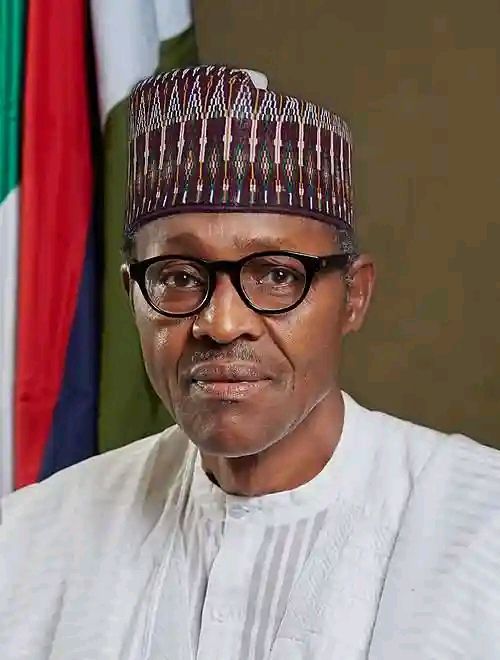EDUCATION
Buhari’s Legacy in Polytechnic Education: New Institutions, Unresolved Dichotomy, and Strikes
During his administration, several federal polytechnics were established across different states in Nigeria. These new institutions were part of efforts to expand technical and vocational education, create more opportunities for youths, and promote regional development.

When conversations arise about the achievements and shortcomings of former President Muhammadu Buhari, one area that often sparks debate is education — particularly the polytechnic sector.
During his administration, several federal polytechnics were established across different states in Nigeria. These new institutions were part of efforts to expand technical and vocational education, create more opportunities for youths, and promote regional development.
Some of the polytechnics established under President Buhari include:
- Federal Polytechnic, Ayede (Oyo State)
- Federal Polytechnic, Ohodo (Enugu State)
- Federal Polytechnic, Daura (Katsina State)
- Federal Polytechnic, Kabo (Kano State)
- Federal Polytechnic, Orogun (Delta State)
- Federal Polytechnic, Kaltungo (Gombe State)
- Federal Polytechnic, Wannune (Benue State)
- Federal Polytechnic, Ugep (Cross River State)
These institutions were widely celebrated as they provided new avenues for students to gain hands-on, practical skills crucial for national development.
However, alongside these strides, there were critical areas where stakeholders felt the administration fell short. Notably, President Buhari declined to sign the bill aimed at abolishing the long-standing dichotomy between Higher National Diploma (HND) and Bachelor’s degree (BSc) holders, even after it was passed by the National Assembly.
For decades, polytechnic graduates have faced discrimination in employment and career advancement due to this dichotomy. The Academic Staff Union of Polytechnics (ASUP) repeatedly appealed to Buhari to sign the bill — including making a passionate plea just months before he handed over power — but unfortunately, the appeal was not granted.
Furthermore, the polytechnic sector was marked by instability during Buhari’s tenure. Polytechnic lecturers embarked on strike action more than six times, driven by demands for improved funding, better welfare conditions, and reforms in the sector.
While Buhari’s administration made significant efforts in expanding polytechnic education through the establishment of new schools, these efforts were overshadowed for many by unresolved issues and industrial actions that disrupted academic activities across the country.
As Nigerians continue to evaluate Buhari’s legacy, his contributions to technical education remain a topic of both commendation and criticism — a complex blend of infrastructural expansion and policy gaps that still impact students and staff today.

 EDUCATION24 hours ago
EDUCATION24 hours agoWASSCE 2025: WAEC releases results, records sharp decline in performance

 NEWS24 hours ago
NEWS24 hours agoFG extends date for recruitment applications to paramilitary agencies

 ARTICLES24 hours ago
ARTICLES24 hours ago6 Countries That Still Offer Birthright Citizenship

 ARTICLES24 hours ago
ARTICLES24 hours agoCoconut Water Isn’t for Everyone: 6 Types of People Who Should Limit or Avoid It

 EDUCATION22 hours ago
EDUCATION22 hours agoGovernment of Canada Scholarships for International Students

 ARTICLES24 hours ago
ARTICLES24 hours agoSay Goodbye to Creams: This Natural Collagen Drink Could Be Your Skin’s Best Friend

 EDUCATION22 hours ago
EDUCATION22 hours agoBest Canadian Universities Offering Scholarships to Foreign Students

 ARTICLES19 hours ago
ARTICLES19 hours agoIs Garri Good or Bad for Weight Loss? The Truth


































